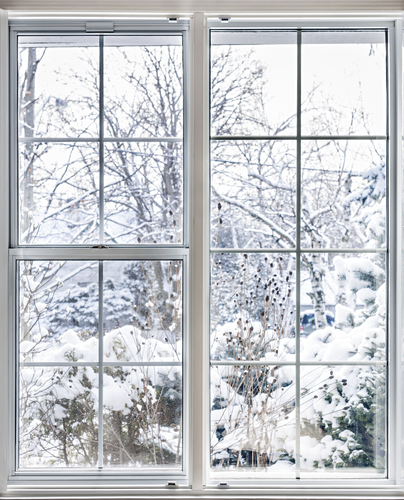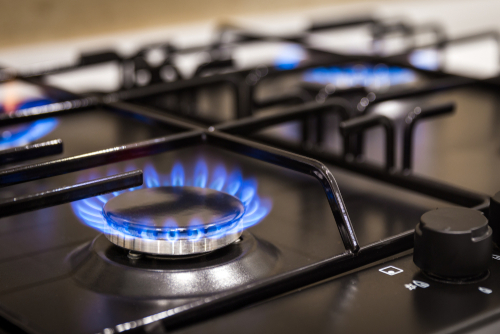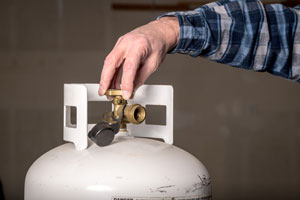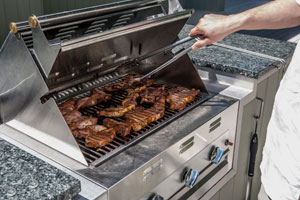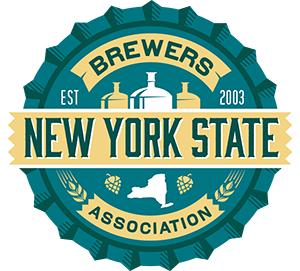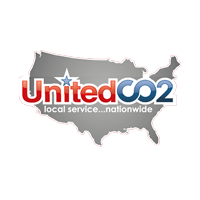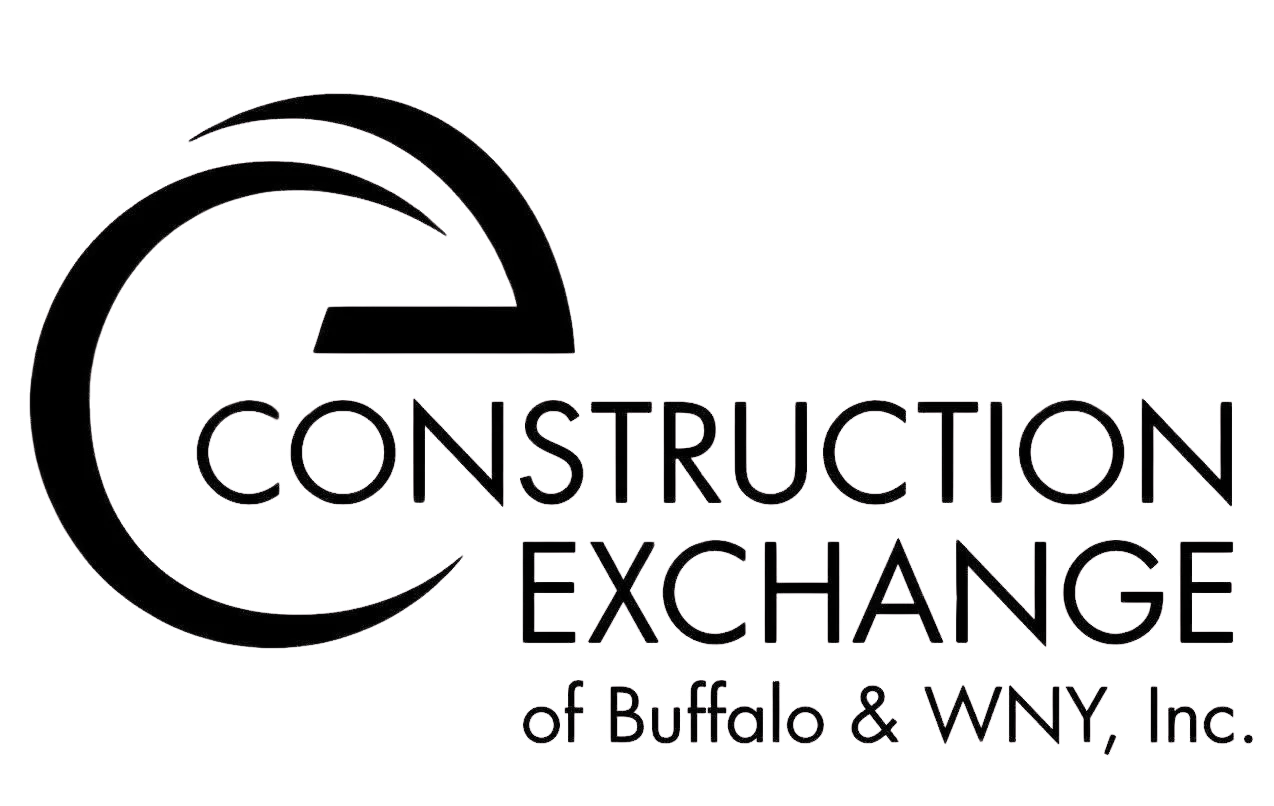Winter is officially upon us, which means you’ll be turning to your propane heating system more than ever in the coming weeks to keep your family safe and warm in your Buffalo or Rochester home.
That makes now the perfect time for some important reminders about using propane safely. Here are six of the most important ones to keep in mind in the heating season ahead.
- Teach all adults in your home how to shut off the flow of gas from your main propane storage tank. If you are not sure how to do that, contact us.
- Remind everyone in your family how to detect a propane leak, and what to do if they encounter one.
- Never store propane cylinders indoors or in an enclosed area such as a basement, garage, shed, or tent.
- Never use outdoor propane equipment (grills, portable generators, etc.) indoors: they emit carbon monoxide (CO) as exhaust, which can become a dangerous or even deadly hazard.
- Check batteries in all carbon monoxide detectors in your home every winter, following the manufacturer’s instructions regarding maintenance. Know how to spot the symptoms of CO poisoning, and what to do if someone is experiencing them. We urge you to also install propane leak detectors, which will warn you of a leak in the event of propane odor loss.
- If severe weather is forecast:
- Check your propane levels – Make sure you have enough propane to last for at least a week after the storm ends in case there are road blockages or closures. If you have a propane backup generator, be sure to include it in your propane use calculations.
- Flag your propane tank – Install a flag near your propane tank’s fill valve so you can find it after a significant snowstorm.
- Listen to authorities – Monitor local media, websites, and apps for instructions on the appropriate actions to take.
- Clear your property after the storm – Keep at least a one-foot wide path to your propane tank clear for propane delivery teams and repair crews. Use a broom to clear all vents, chimneys, and flues to reduce the risk of CO poisoning.
- Keep an eye on your equipment – If you believe that any of your propane equipment has been damaged, contact us immediately for an inspection. Remember, if you shut down your propane gas supply, you are required to have a pressure test performed by a licensed propane contractor before you can use your propane equipment again.
At Irish Propane, your safety is always priority #1! If you have any questions about propane safety in your Buffalo or Rochester, NY home, please let us know.
